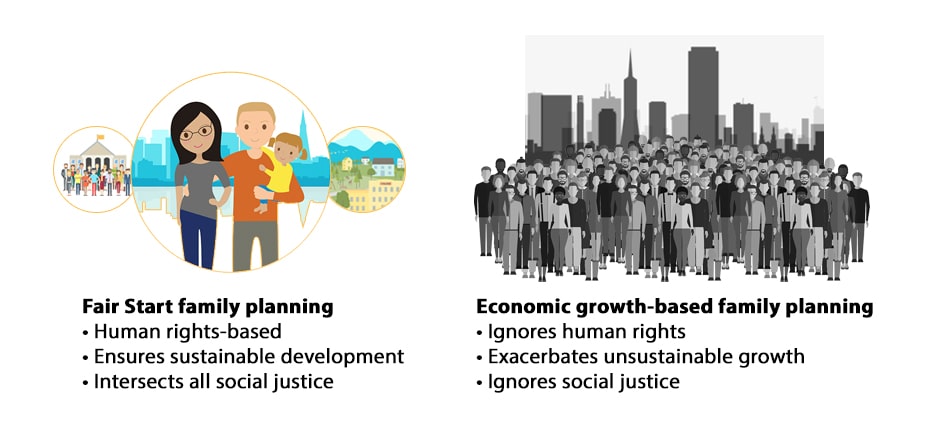According to a ChatGPT chat on February 7, 2025:
Population growth has significant implications for political equity, vote dilution, and political representation, particularly in democratic systems. Here’s how:
1. Political Equity
- As populations grow, ensuring fair representation becomes more challenging. In rapidly growing areas, political districts may become imbalanced, leading to underrepresentation.
- Resources, infrastructure, and government services may not keep pace with population increases, disproportionately affecting marginalized communities.
2. Vote Dilution
- Vote dilution occurs when the voting power of individuals or groups is weakened, often due to redistricting or changes in population density.
- If districts are not redrawn regularly to reflect population shifts, some areas may become overrepresented while others become underrepresented.
- In some cases, intentional gerrymandering can exacerbate vote dilution by manipulating district boundaries to favor one political party or demographic group over another.
3. Political Representation
- Legislative bodies often have fixed numbers of seats, meaning fast-growing areas may be underrepresented until district lines are redrawn.
- Minority and marginalized groups may struggle to maintain proportional representation if population growth skews the balance of political power.
- At the national level, states with slower population growth may lose influence in bodies like the U.S. House of Representatives, which is based on population size.
Potential Solutions
- Redistricting reforms: Ensuring fair and regular redistricting based on updated census data can help maintain political equity.
- Proportional representation: Systems that allocate seats based on vote share rather than winner-takes-all districts can reduce vote dilution.
- Increased legislative representation: Expanding legislative bodies (such as adding seats to Congress) could help accommodate growing populations more fairly.
Please consider making a contribution through Donate. Together, we can create lasting change to save next generation

